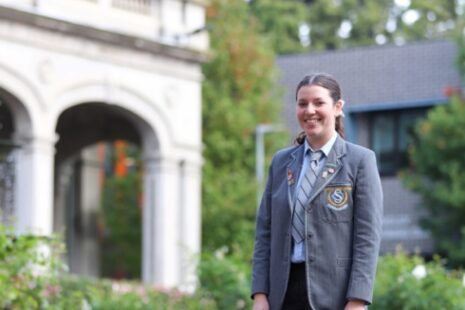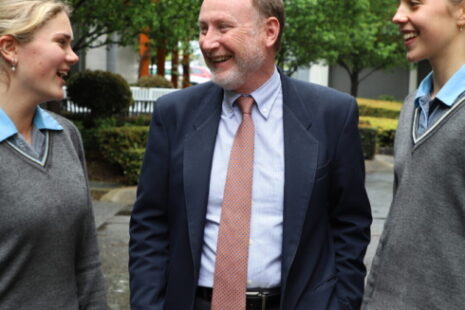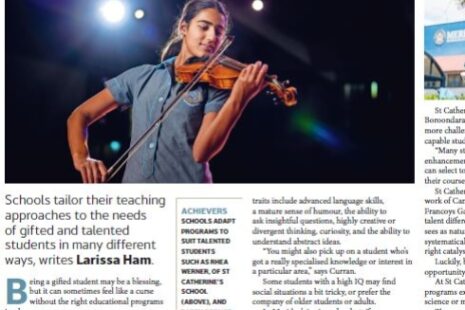The importance of the early years
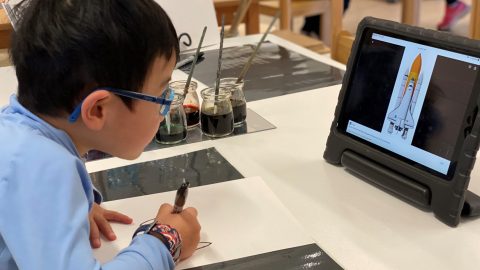
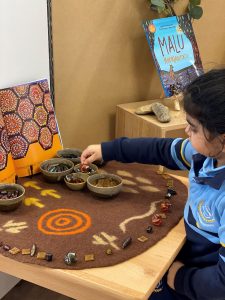 It is now recognised that the early years of life are the most important for learning. Neurological research indicates that the early years play a key role in children’s brain development. This is when the foundations for the future are developed.
It is now recognised that the early years of life are the most important for learning. Neurological research indicates that the early years play a key role in children’s brain development. This is when the foundations for the future are developed.
The United Nation’s Convention on the Rights of the Child states “that all children have the right to an education that lays a foundation for the rest of their lives, maximises their ability, and respects their family, cultural and other identities and languages.” Early Years Learning Framework 2009
As educators, we acknowledge that the child is first part of their family and cultural group. Children develop a sense of belonging through fostering positive relationships within their family. It is through these relationships that children gain a sense of who they are and where they belong. 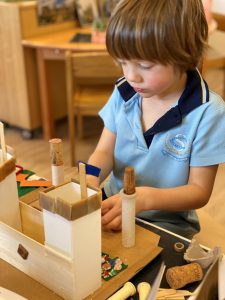
When the children make the transition from their home to the Early Learning Centre, they bring with them their own diverse experiences, perspectives and knowledge. At this time, it is important that children begin to develop a sense of belonging within their classroom community where they feel safe, secure and connected. This is fundamental to a child’s early years. Part of this experience is about discovering themselves, building relationships with others and learning to manage the challenges that may come their way. Children develop their identity through experiences and relationships with others. As children develop their sense of identity, they begin to explore different aspects of it through their play and relationships.
“Children’s early learning influences their life chances. Wellbeing and a strong sense of connection, optimism and engagement enable children to develop a positive attitude to learning.” Early Years Learning Framework 2009
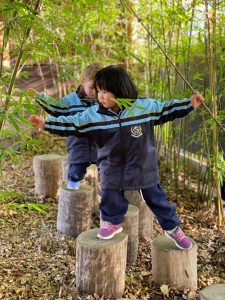 Early childhood is a time for young children to wonder, explore, discover and make meaning of the world. The children in the Early Learning Centre are presented these opportunities through our educational program. It is offers the opportunity for children to enjoy the here and now in their lives. We adopt a holistic approach to the children’s learning and development to ensure that they have opportunities to build upon their physical, social, emotional, personal, creative, cognitive and linguistic skills. These experiences gradually expand the children’s knowledge and their understanding of the world.
Early childhood is a time for young children to wonder, explore, discover and make meaning of the world. The children in the Early Learning Centre are presented these opportunities through our educational program. It is offers the opportunity for children to enjoy the here and now in their lives. We adopt a holistic approach to the children’s learning and development to ensure that they have opportunities to build upon their physical, social, emotional, personal, creative, cognitive and linguistic skills. These experiences gradually expand the children’s knowledge and their understanding of the world.
During the early years, young children develop processes for learning such as exploration, investigation and collaboration. It is valuable that they also develop dispositions such as curiosity, creativity and problem solving. Children foster understandings of themselves and their world through active, hands-on investigation. Active involvement leads to the children developing understandings of concepts and the creative thinking and inquiry processes necessary for lifelong learning. 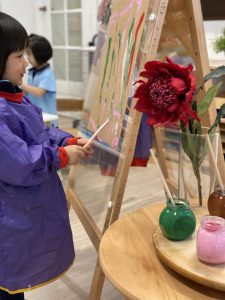
As children grow, learn and progress through the childhood years their identities, knowledge, understandings, capacities, skills and relationships evolve. This can be a period of significant growth and change, and supports them to discover how to participate fully and actively in society. Our aim is for the children to become successful learners, confident and creative individuals, and active and informed citizens.


